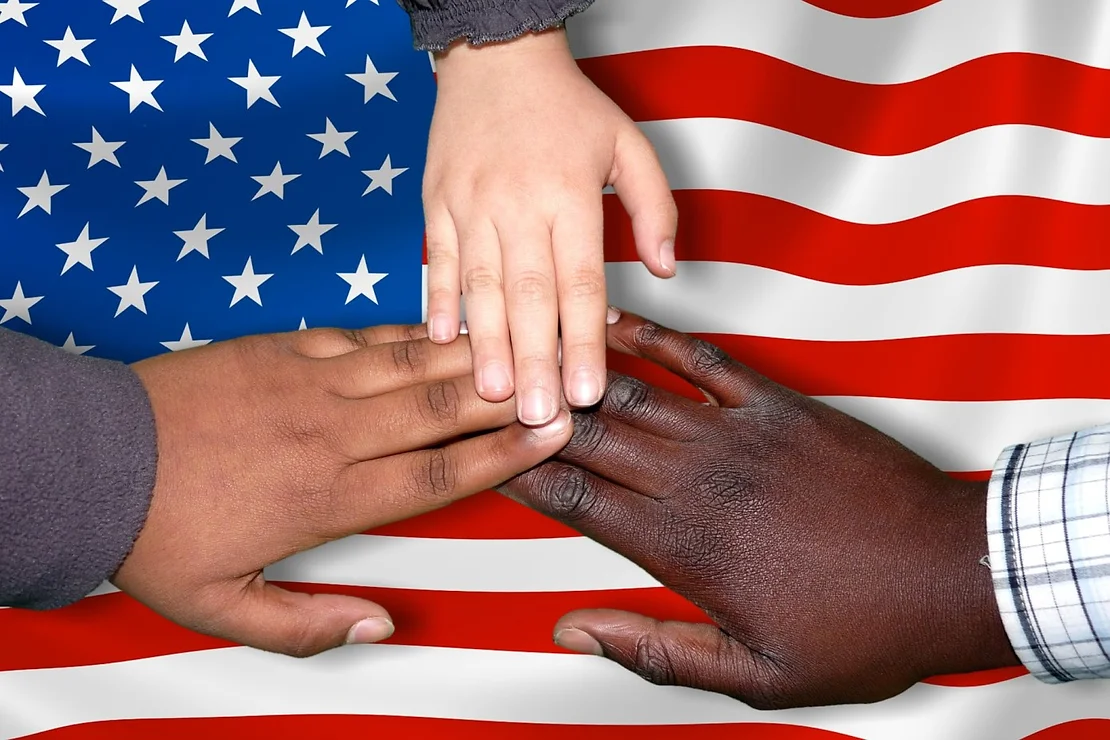Critical Financial Relief Options for Small Businesses
From Fortune 500s to SMBs, companies nationwide are in uncharted territory: managing a business amidst a global pandemic. For many of our clients, the financial implications looming feel catastrophic. We’re here to help. We’ve compiled a comprehensive list of grants, reliefs, and loans small business owners like yourself can explore to offset the economic hurdles of COVID-19 best.
Where Do I Start?
Your small business or non-profit may be eligible for a federal grant, cash grant, or low-interest loan to offset up to eight weeks of payroll costs.
Businesses with under 500 employees are eligible for financial aid. This includes non-profits, sole proprietorships, freelancers, contractors, and startups.
Below, we’ve outlined four different corporate aid options that may be able to provide critical relief to your business.
What Are My Corporate Funding Options?
How Does It Help?
This loan program provides loan forgiveness for retaining employees by temporarily expanding the traditional SBA 7(a) loan program.
Who Qualifies?
Any small business with less than 500 employees (including sole proprietorships, independent contractors, and self-employed persons), 501(c)(3) non-profit organizations, 501(c)(19) veterans organizations, or Tribal businesses (see sec. 31(b)(2)(C) of the Small Business Act) affected by coronavirus/COVID-19.
How Does It Help?
This loan advance will provide up to $10,000 of economic relief to businesses experiencing temporary difficulties.
Who Qualifies?
This program is for any small business with less than 500 employees (including sole proprietorships, independent contractors, and self-employed persons), private non-profit organizations, or 501(c)(19) veterans organizations affected by COVID-19.
How Does It Help?
Enables small businesses to access up to $25,000 quickly.
Who Qualifies?
Small businesses that currently have a business relationship with an SBA Express Lender.
The SBA is providing a financial reprieve for small businesses during the COVID-19 pandemic.
How Does It Help?
- The SBA will automatically pay the principal, interest, and fees of current 7(a), 504, and microloans for six months.
- The SBA will also automatically pay the principal, interest, and fees of new 7(a), 504, and microloans issued before September 27, 2020.
What About That Stimulus Package?
President Trump signed the $2 trillion stimulus package recently aims to relieve the financial strain most American households are facing against COVID-19. The Treasury Department and the Internal Revenue Service announced that the distribution of these economic impact payments would begin dispersing in mid-April. The process will be automatic, with no action required for most individuals.
How Does It Help?
Individual adults will receive $1,200, while married couples receive $2,400. In addition, households with children will receive $500 per qualifying child based on 2018 or 2019 tax returns.
Who Qualifies?
If you successfully filed your 2018 taxes with an adjusted gross income up to $75,000 or filed $150,000 as a married couple, you will receive full payment.
If you have a reported income greater than $75,000 individually or a joint income greater than $150,000 filed on your 2018 taxes, your payment may be reduced.
If you have a reported income greater than $99,000 or a joint income greater than $198,000, you have reached the threshold and will not receive this specific payment.
Who Doesn’t Qualify?
- College students
- Disabled individuals with parental financial support
- Senior citizens living with their adult children
- Individuals who are behind on child support payment
- Babies born in 2020
Small businesses everywhere are facing unique, unforeseen challenges – and we want to assure you that BrandRep remains open, optimistic, and entirely committed to your success. This is undoubtedly uncharted territory, but we plan to navigate it best together.










